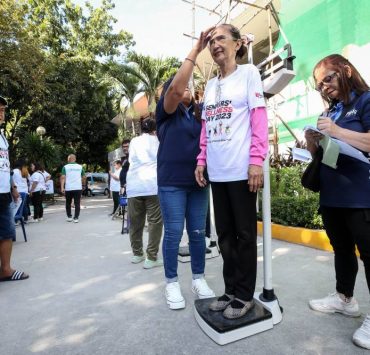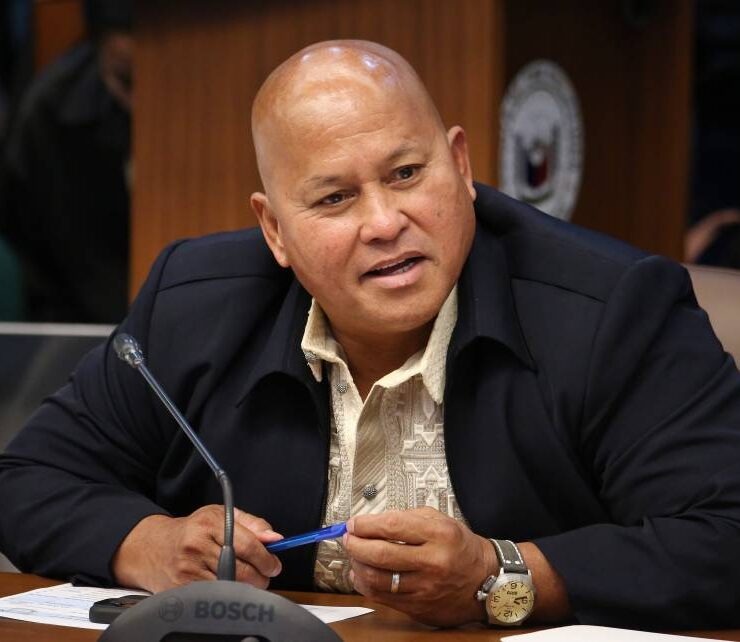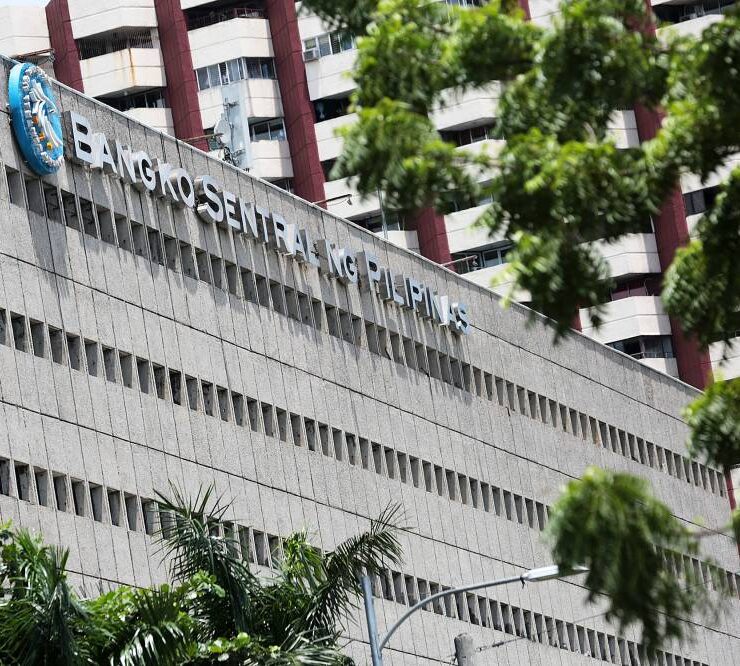SC lifts freeze order on eviction of Camp John Hay developer

BAGUIO CITY—The Supreme Court has reinstated the 2015 arbitral ruling that should have resolved a lingering public dispute between the government and the developer of Camp John Hay nine years ago.
The high court, sitting en banc, also junked modifications made by the Court of Appeals (CA) to the decision rendered by a tribunal of the Philippine Dispute Resolution Center (PDRC) which prevented the Bases Conversion and Development Authority (BCDA) from evicting all occupants of commercial facilities like hotels and leased log homes put up by a consortium led by businessman Robert John Sobrepeña.
BCDA oversees all former American military bases, including the former John Hay Air Station. Sobrepeña heads Camp John Hay Development Corp. (CJHDevco), which won the 1996 contract to commercialize 247 hectares of Camp John Hay. Both parties went to court over “substantial breaches” to the lease contract despite negotiations to restructure the deal.
According to the final arbitral ruling on Feb. 10, 2015, the original lease agreement, the subsequent memorandums of agreement and the restructuring memorandum of agreement of 2008 were rescinded due to the mutual breach by the parties.
“The parties are hereby reverted as far as practicable to their original position prior to the execution of the original lease agreement,” the arbitral ruling states.
Because the arbitral decision said the lease technically never took place, BCDA was directed to return Sobrepeña’s P1.42-billion worth of expenses, while CJHDevco was required to return the leased area as well as all the improvements it introduced there.
Sobrepeña has yet to issue a statement, but in a March 20 briefing, he revealed that BCDA and CJHDevco were preparing a settlement deal to be submitted to the SC and end the feud.
Vacate orders
The SC decision, penned by Associate Justice Japar Dimaampao, granted the petition for review on certiorari filed by BCDA against the CA which froze in July 2015 all Notices to Vacate that the government issued to all CJHDevco properties because of the PDRC’s final judgment. In the same year, Baguio Regional Trial Court Judge Cecilia Corazon Dulay-Archog confirmed the arbitral judgments and issued the writ of execution.
But the eviction notices included homeowners, who leased log homes and other accommodation facilities for 25 years, with the provision to extend the lease for another 24 years.
CJHDevco questioned the RTC order, stipulating that it only affects the developer and not “third parties,” like about 1,600 sublessees or tenants who were not parties to the dispute settlement.
“The CA subsequently nullified the Notice to Vacate and Writ of Execution, [after it found] grave abuse of discretion on the part of the RTC for enforcing the Final Award against the sublessees who were excluded from the arbitration … ‘until their respective rights and interests are determined upon compulsory arbitration or as may be adjudicated by the regular courts,’” the SC public information office said.
Conditions
It noted that the CA also placed conditions on the arbitral ruling’s enforcement, among them a provision that “CJHDevco’s obligation to vacate the leased property was contingent only upon the BCDA’s full payment of the arbitral award;” and for the BCDA to establish the “rights and interests” of CJHDevco’s sublessees.
“As a rule, the arbitrator’s award cannot be set aside for mere errors of judgment, either as to the law or as to the facts … A contrary rule would make an arbitration award the commencement, not the end, of litigation, [and] the CA failed to abide by the rules of arbitration when it rendered its challenged rulings,” according to the SC PIO, which quoted the high court’s decision.
“The court also stressed that nowhere in the final award did the arbitral tribunal make CJHDevco’s obligation to vacate the leased property contingent upon BCDA’s full payment of the amount fixed in the final award,” it said.





















